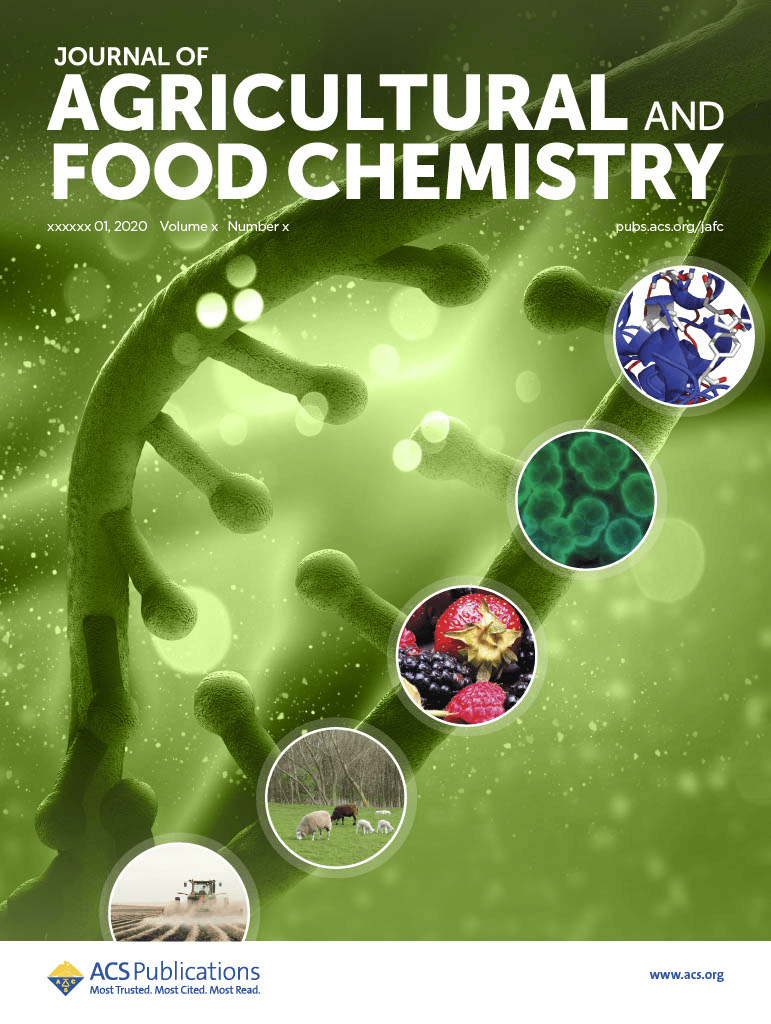New research from the Journal of Agricultural and Food Chemistry adds insight into the neuroprotective potential of espresso against Alzheimer’s disease. Could your morning cup be the next nutraceutical?

Recently, we explored whether beer hops could play a preventative role in Alzheimer’s disease, a debilitating condition with delayed symptom onset. This time, it's coffee's turn—in particular, the diminutive espresso.
Coffee is the most popular beverage worldwide (after water), with over 400 billion cups consumed each year. Espresso beans are actually the seed of a cherry-like fruit from the coffee plant, a tropical evergreen. Once roasted and ground, the beans are brewed in hot water, resulting in a beverage containing more than 1,000 compounds including alkaloids, phenolic compounds, vitamins, carbohydrates, lipids, minerals, and more. While coffee comes under fire at times from detractors pointing out the negative effects of too much caffeine, new analysis suggests that some of the bioactive compounds in coffee could play a role in fighting a number of chronic diseases—including some cancers, metabolic conditions, and neurological disorders. This could be attributed to its range of biological effects such as anti-inflammatory, anti-oxidant, and anti-microbial actions.
Tau is a protein that is supposed to help stabilize neurons, with microtubules that act as an internal skeleton—but when this goes wrong, it can cause tauopathies, a group of neurodegenerative disorders in which the tau protein accumulates in the brain. Of these, Alzheimer’s disease is the most common, affecting over 50 million people worldwide. The disease mechanism of Alzheimer's is not yet fully understood, but tau aggregation and spreading is thought to play a crucial role.
With no cure or effective disease-modifying treatments, nutraceuticals from foods are now being investigated for prevention, and new work published in the Journal of Agricultural and Food Chemistry aims to further the knowledge. Researchers from the University of Verona, Italy, characterized the molecular composition of espresso and identified its main components using nuclear magnetic resonance spectroscopy. Testing a blend of Arabica and Robusta coffees, the team conducted a series of in vitro and in-cell experiments and found that several components have preventative biological properties against tau aggregation, condensation, and seeding. These actions were present both for the whole coffee extract, and for the caffeine and genistein components. Data from fluorescence, transmission electron microscopy analysis, and circular dichroism spectra indicated that the espresso extract had a strong anti-aggregation effect, which was seen in a dose-dependent manner. Additionally, the length of tau fibrils fell with increasing coffee concentration. The coffee also modulated the stability and maturation of tau condensates.
These results add insights into the neuroprotective potential of espresso, and suggest possible molecular scaffolds for designing therapies to target tau. In the meantime, there seems to be no harm in building a modest espresso shot into your morning routine.
